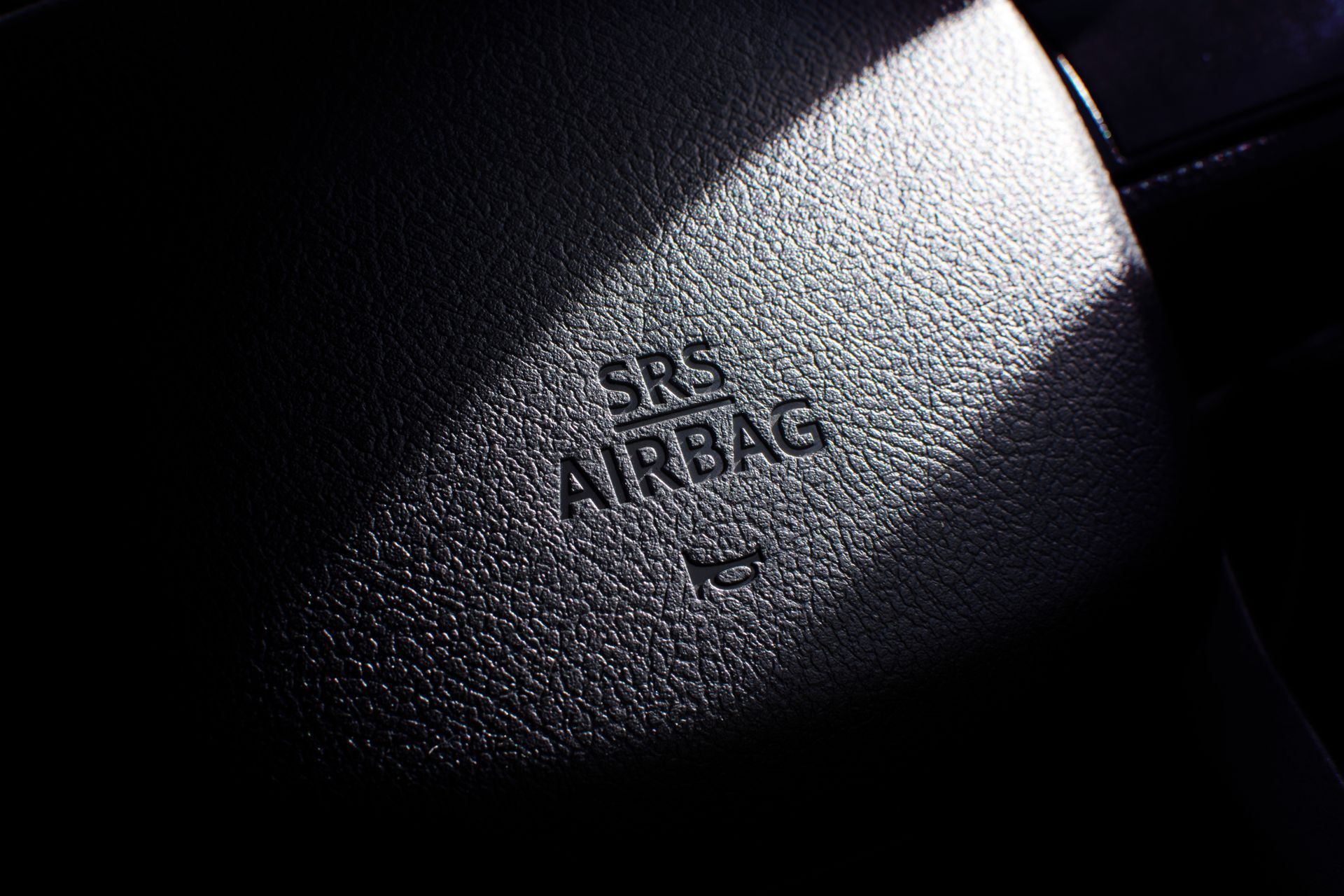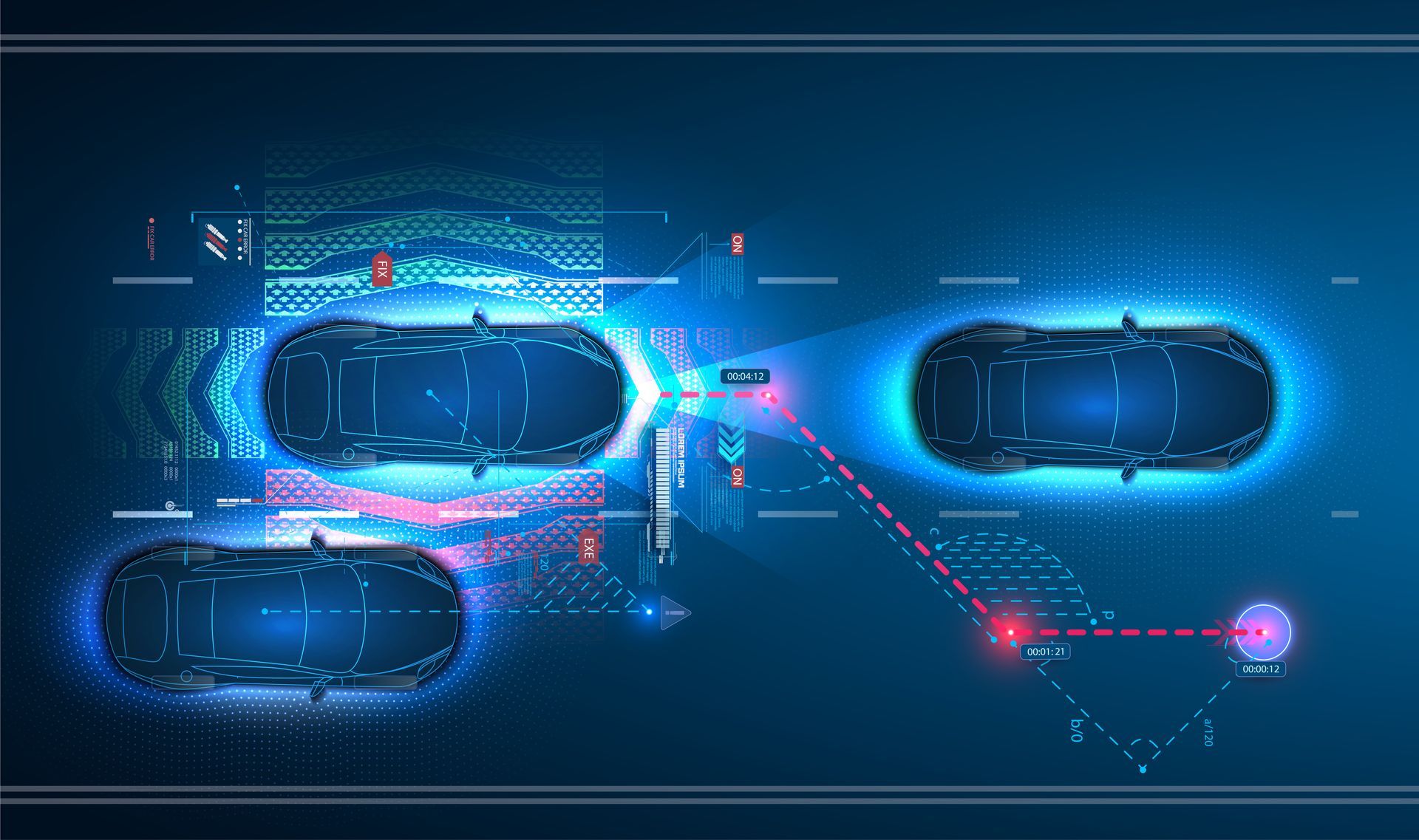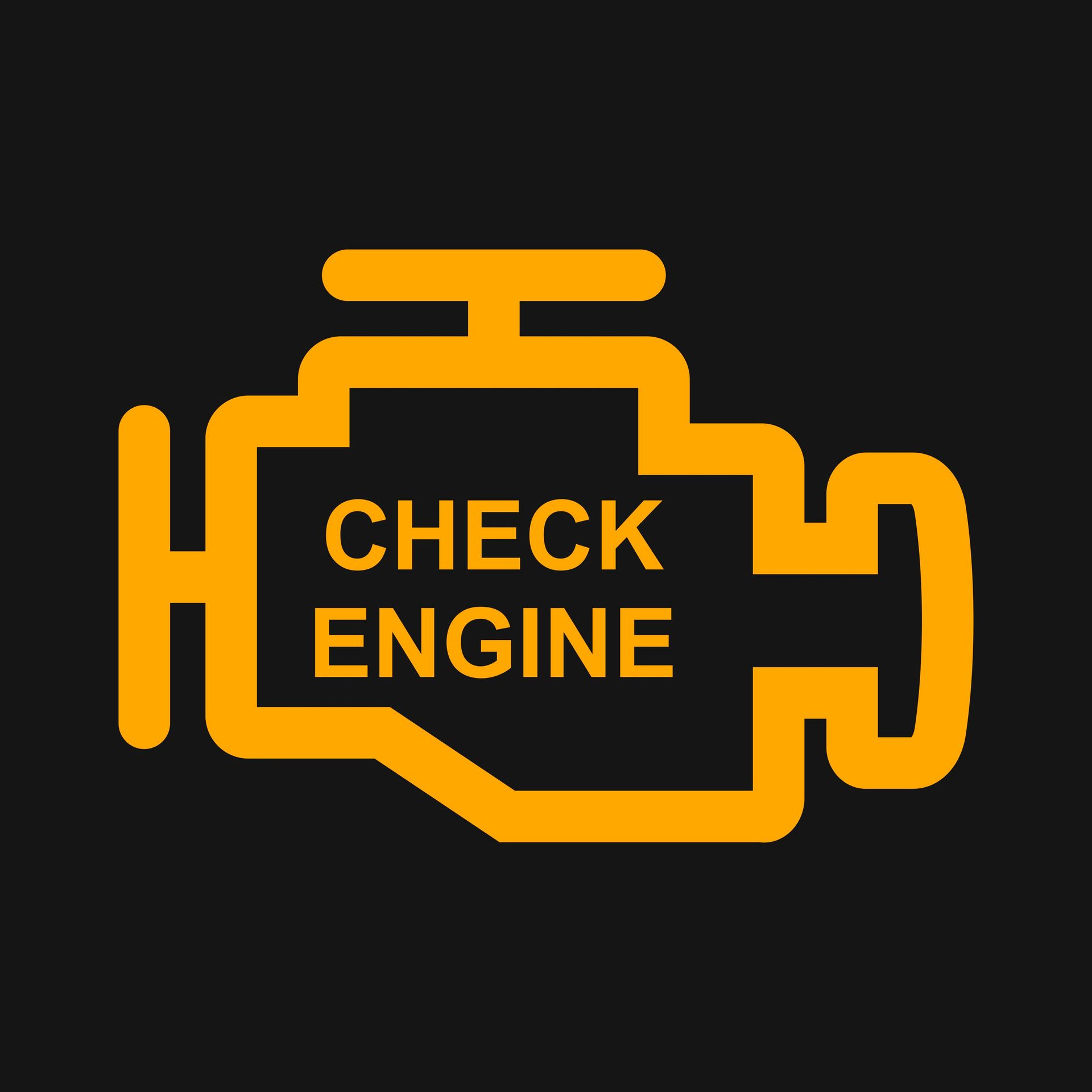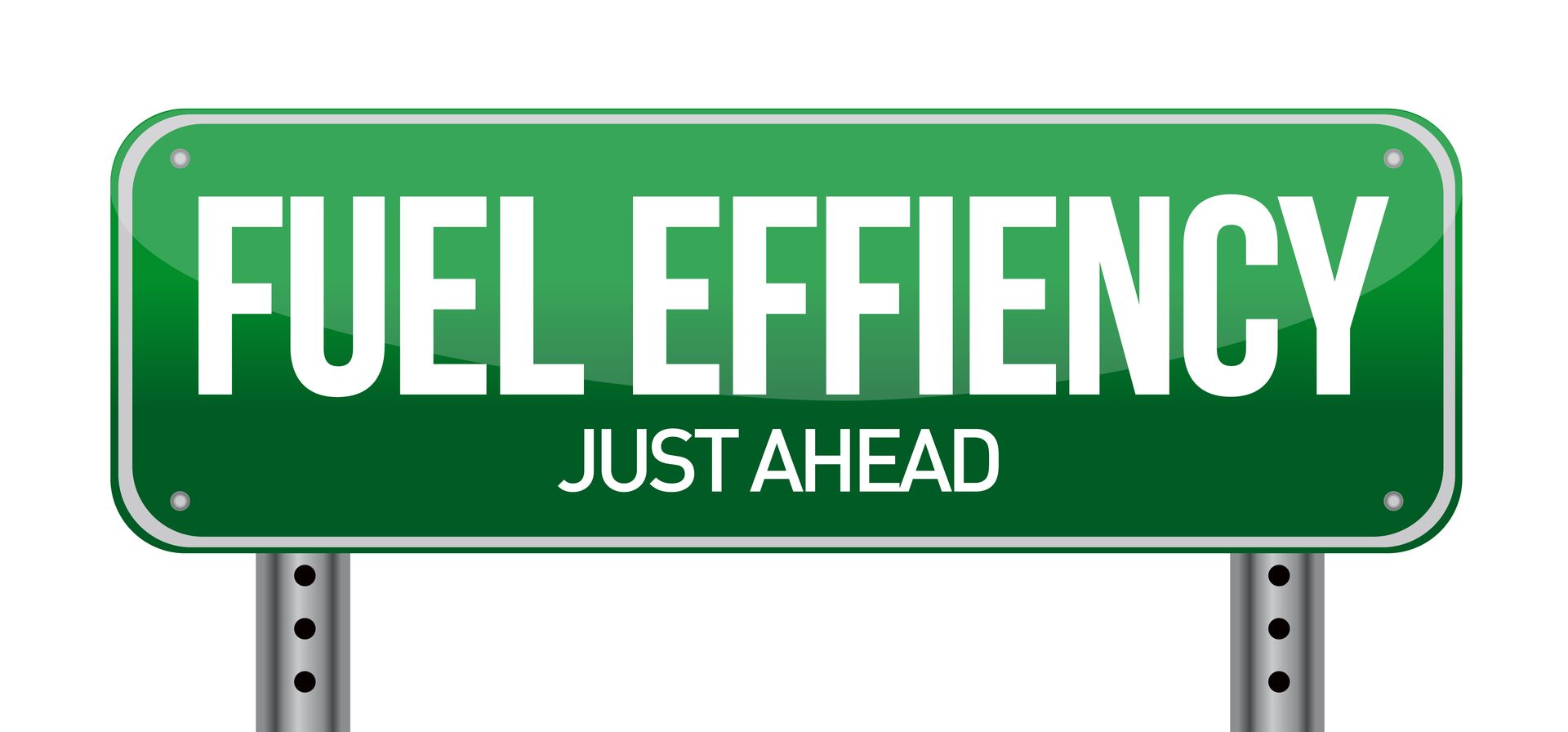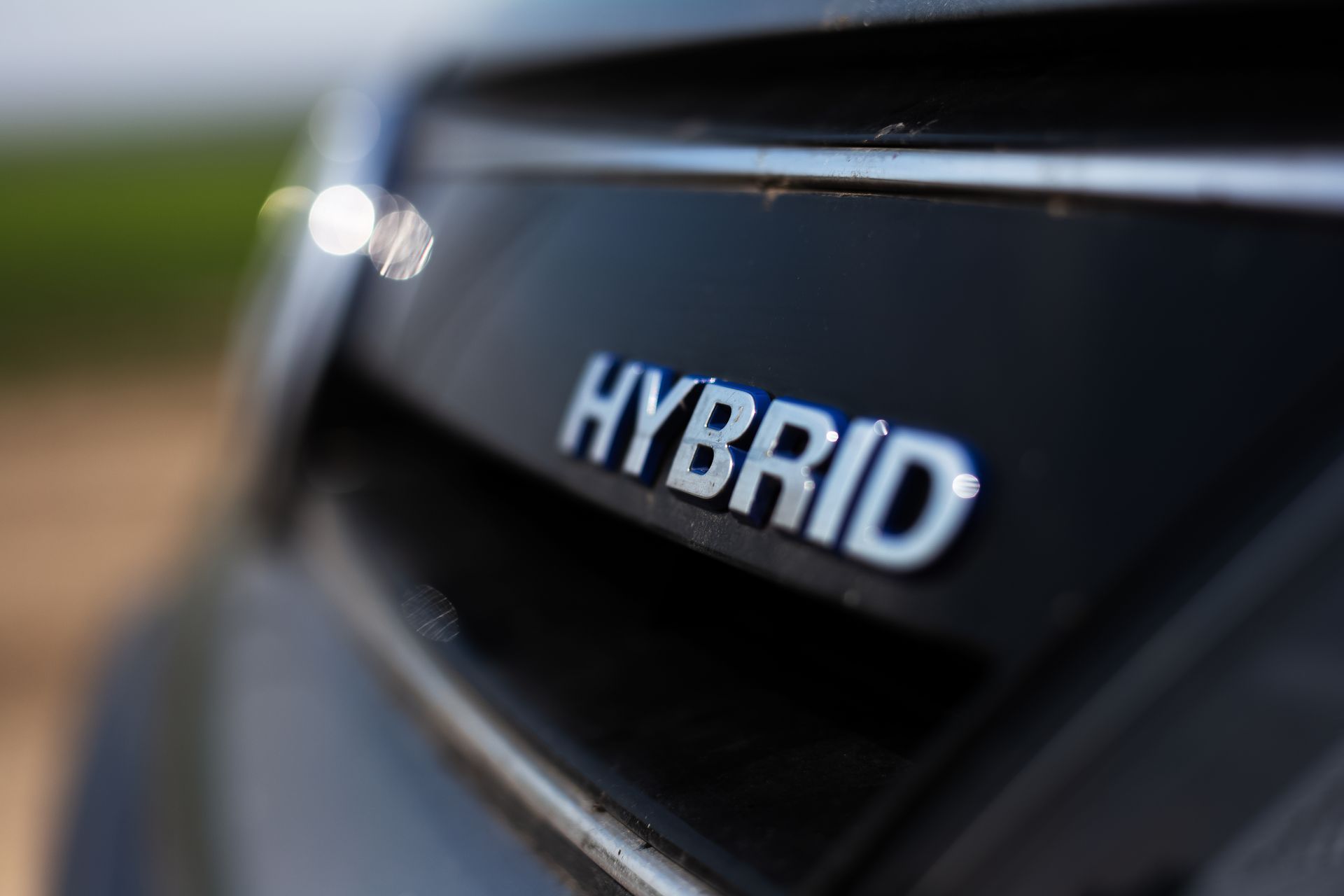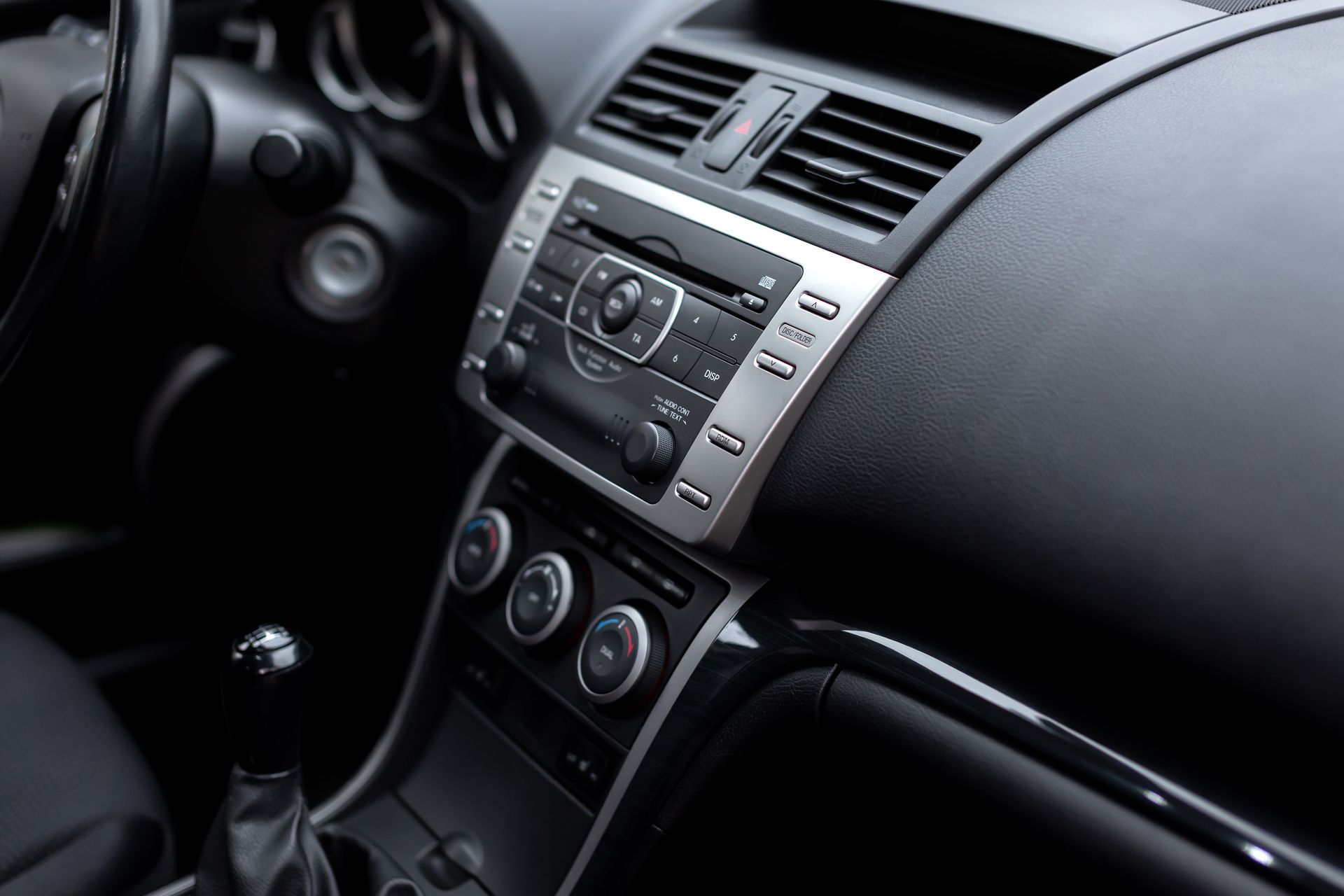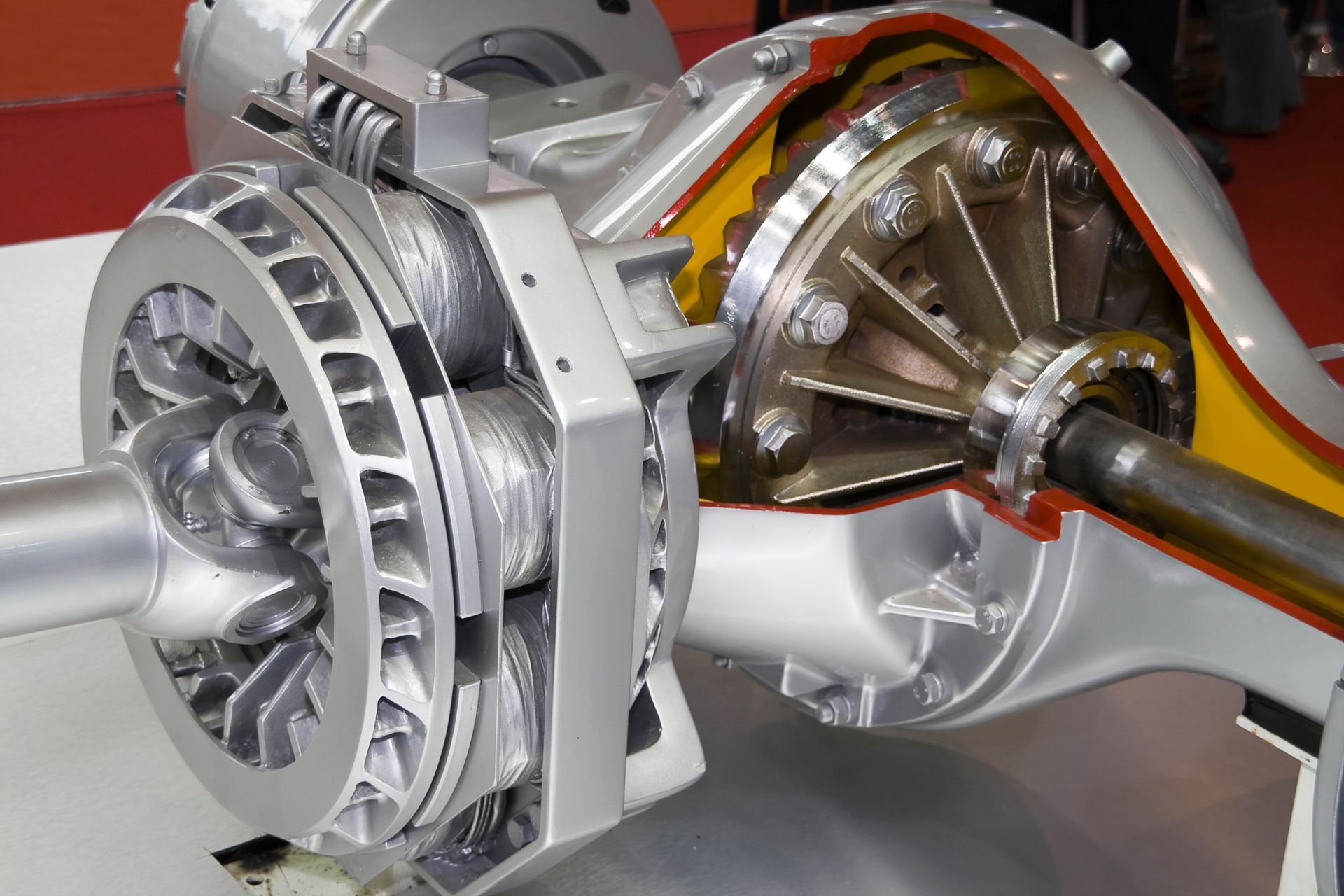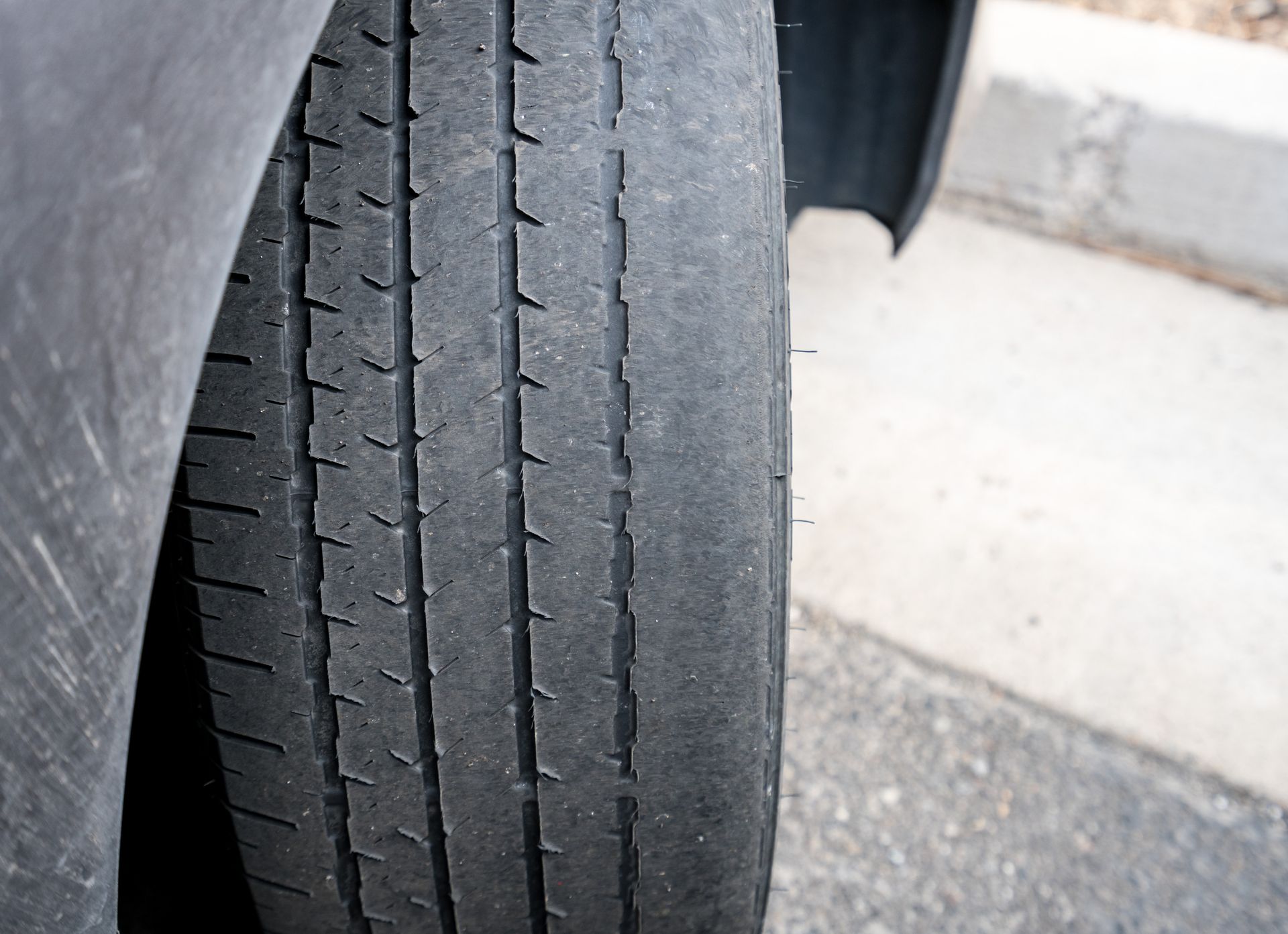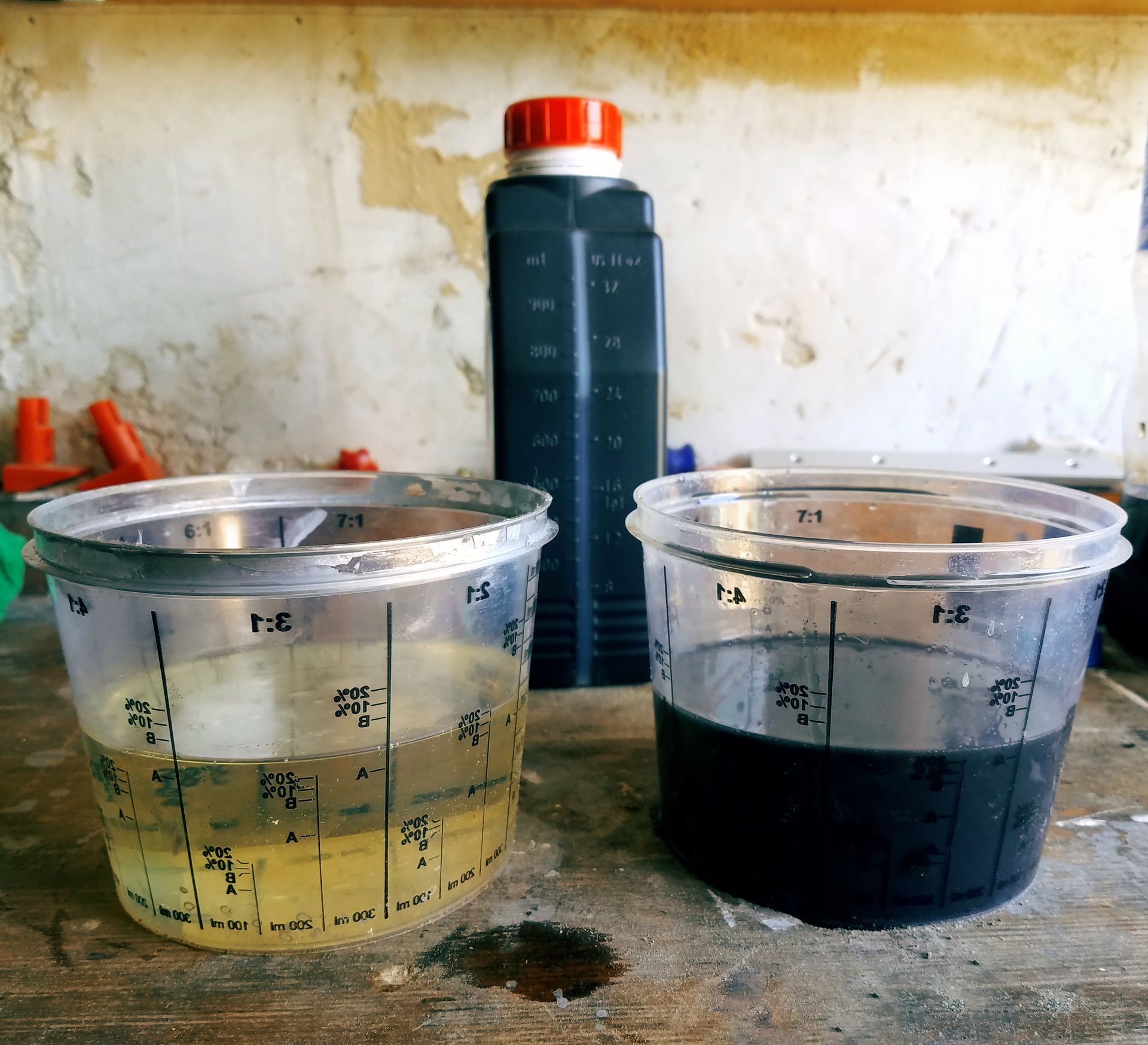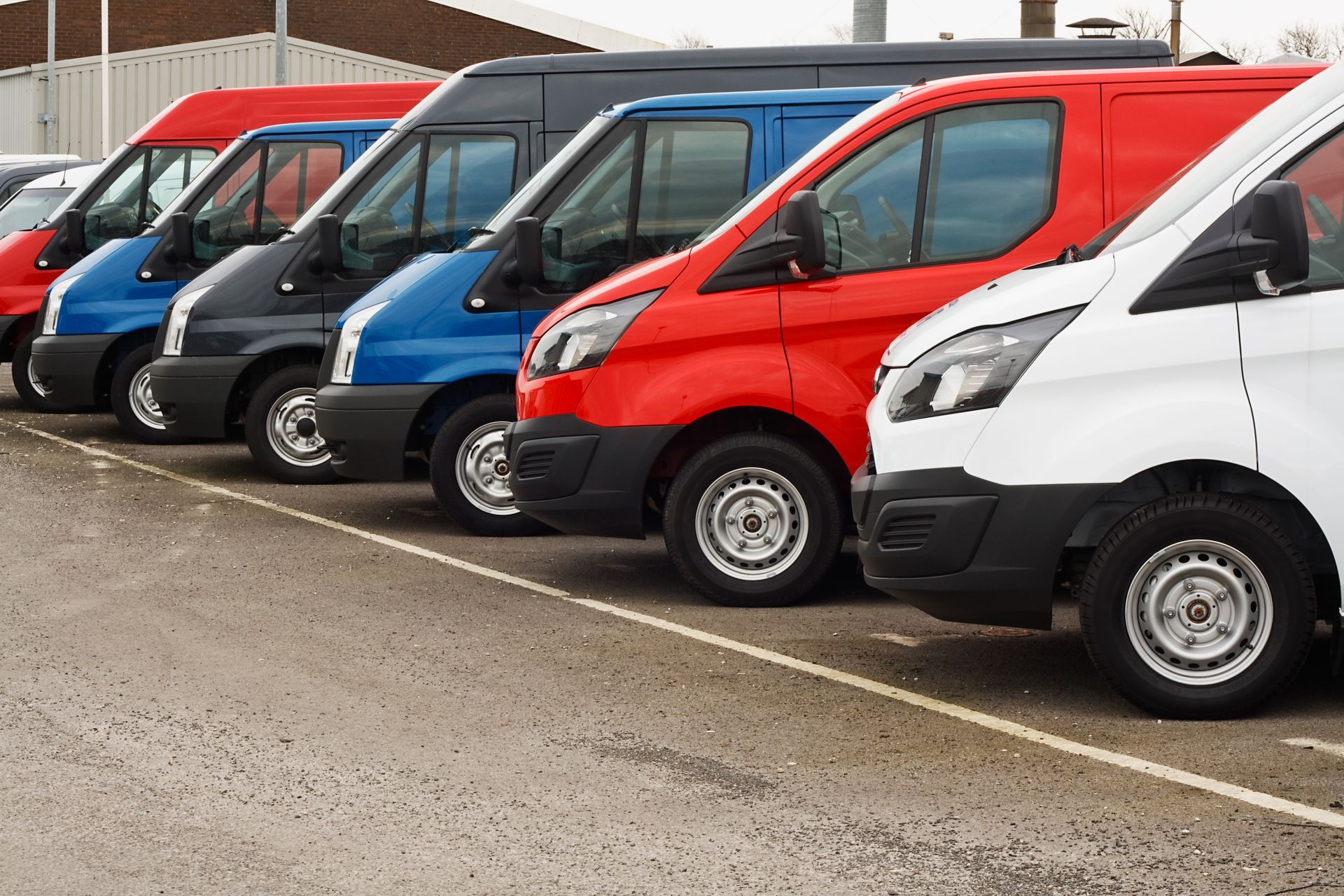You step on the gas, your car responds like usual—but then comes an unexpected whistle that rises with speed. It wasn’t there before, and now it’s hard to ignore. That kind of noise might seem harmless at first, but it’s often a sign that something under the hood isn’t working the way it should. From minor air leaks to more serious pressure-related issues, a whistling sound during acceleration is your car’s way of asking for attention. So what could be causing it, and when should you be concerned?
Common Causes of a Whistling Sound
The key detail is that the whistle only shows up—or gets louder—when you accelerate. That usually points to a system in your engine that deals with air movement, vacuum pressure, or forced induction (in turbocharged cars). Here are the most common suspects:
Vacuum Leaks Are a Top Contender
Your engine uses a vacuum system to manage airflow, fuel delivery, and emissions. If there’s a crack in one of the vacuum hoses, a loose clamp, or a gasket that’s no longer sealing properly, air can slip in or out at high pressure. This leak often creates a distinct whistling or hissing noise that becomes more noticeable as RPMs rise.
Vacuum leaks can cause other problems too, like rough idling, sluggish acceleration, or even a check engine light. They’re one of the most overlooked causes of poor engine performance—and one of the most common sources of mystery noises.
Turbocharged Cars
If you drive a turbocharged car, some whistling is completely normal—it’s called turbo spool. As the turbo spins up with exhaust pressure, it creates a whooshing or whistling sound, especially at higher RPMs. Enthusiasts often love this sound. But if it gets louder than usual or develops suddenly, it could point to a boost leak, worn bearings, or a cracked intercooler pipe.
Any change in how your turbo sounds—especially if it’s paired with reduced power or strange hesitation—should be checked right away. The last thing you want is to ignore a boost issue and end up replacing the turbo entirely.
Intake or Throttle Body Leaks
Air entering your engine passes through the air filter, intake ducts, and throttle body. If any of those parts have a small crack or seal leak, especially after a recent repair or modification, it can cause a sharp whistle that only occurs during acceleration.
This is particularly common after aftermarket upgrades like cold air intakes. Sometimes clamps are left slightly loose or the rubber couplers shift with engine vibration.
Serpentine Belt and Pulley Noises
Not all whistles are airflow-related. A worn serpentine belt or a failing pulley can create a whistling or squealing sound that changes with engine speed. This type of noise can mimic an air leak, but it usually comes from the front of the engine and may stick around even when you’re not accelerating.
Cracks in the belt, misaligned pulleys, or failing tensioners can cause the belt to slip slightly, creating that high-pitched sound. Left untreated, the belt can break—and that can take out your alternator, power steering, or even your cooling system.
Is It Dangerous to Keep Driving With This Noise
It depends on the cause, but any unusual sound that suddenly appears is worth investigating. While some causes are harmless at first (like a minor vacuum leak), they can grow worse and start affecting drivability, fuel economy, and emissions.
Others—like belt issues or turbocharger problems—can lead to more serious breakdowns if ignored. If the whistle gets louder over time or is accompanied by a drop in performance, jerky acceleration, or warning lights, it’s best to get it checked right away.
SCC Performance – Precision Diagnostics in Atlanta, GA
That whistling sound during acceleration isn’t just background noise—it’s a clue. Let the pros at
SCC Performance in Atlanta, GA, track it down and fix it before it becomes a real problem. Whether it’s a vacuum leak, a turbo issue, or a worn belt, we’ve got the tools and experience to get your car back to peak performance.



